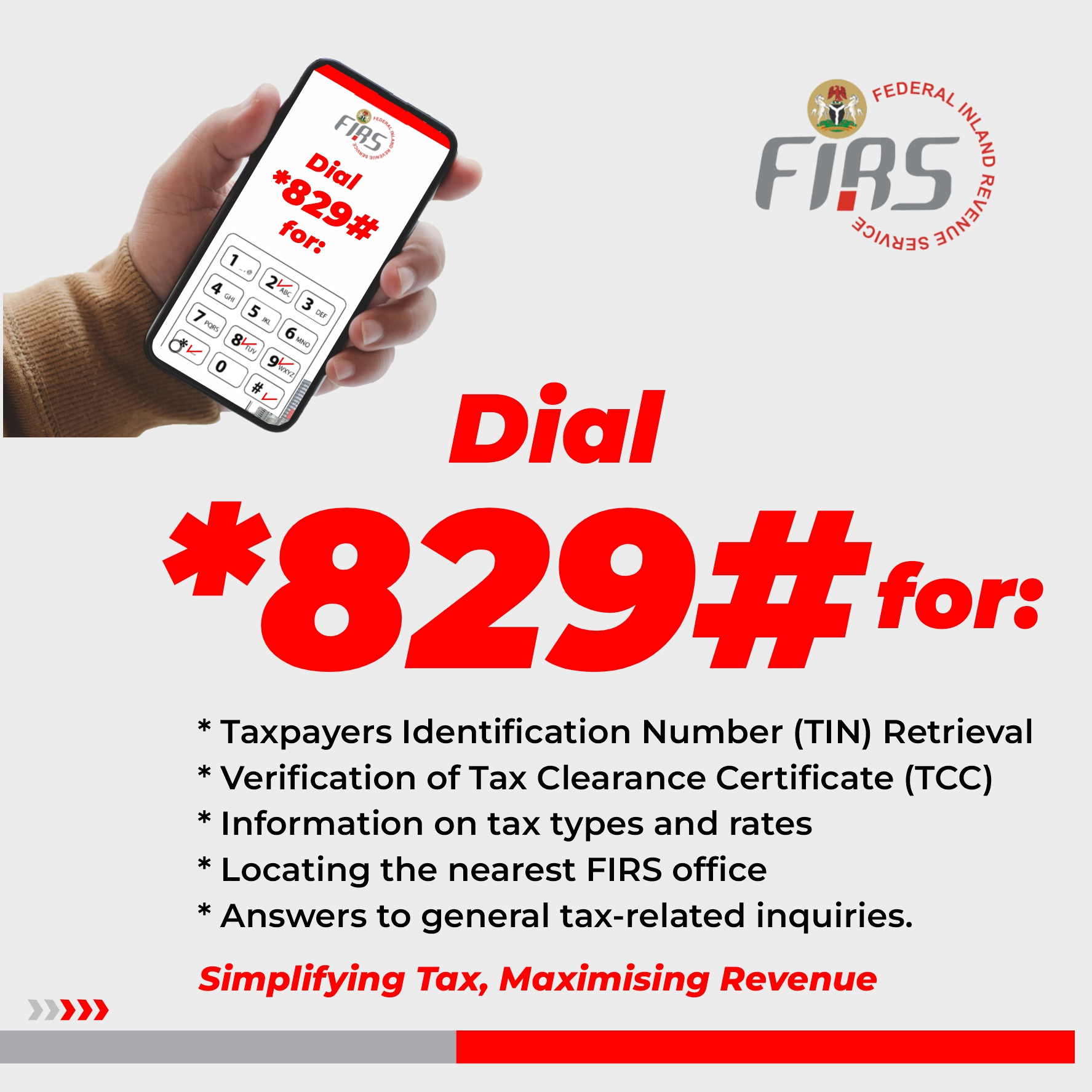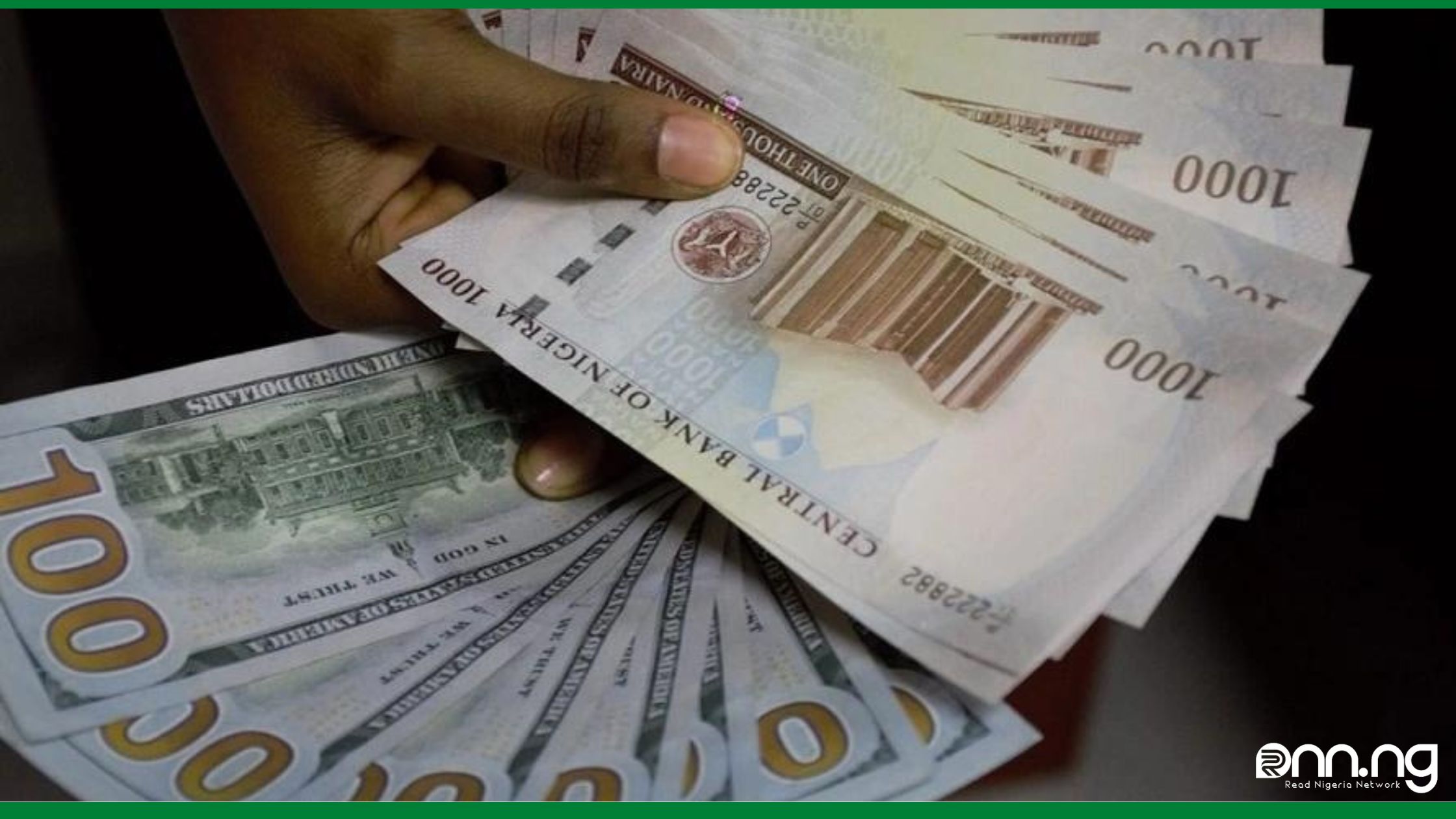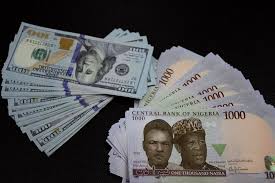Economy
CBN reviews exchange rate for cargo imports

As part of its efforts at achieving convergence in exchange rates, the CBN recently adjusted the exchange rate for import duty payment from N326/$ to N361/$.

This comes weeks after the apex bank adjusted the exchange rate used for converting government revenue to N360/US$ from 307/US$ previously.
With this development, the Nigeria Customs Service (NCS) has been directed to effect an increase in duty payable on cargoes imported through the ports.

In our view, the decision of the CBN is aimed at boosting government revenues from import duties, discouraging the importation of non-essential items, and easing the pressure on the current account through reduced imports of goods.
We highlight that the Nigeria Customs Service (NCS) generated the sum of N1.341trn in 2019, exceeding its target of N937 billion and 12% above N1.20 trillion generated in 2018.
Although the Comptroller-General of Customs, Col. Hameed Ibrahim Ali (Rtd) attributed this to the impact of land border closure on port activities, strict enforcement of guidelines by the tariff and trade department, and the automation of the customs process, we think the upward adjustment in the official exchange rate for duties payment from N306/US$ to N326/US$ also contributed to the sturdy growth in customs revenue.
With government revenues under tremendous threat due to the impact of COVID-19 on economic activities and weaker oil earnings, driven by the slump in oil prices and reduced production quota, we think the upward adjustment in the exchange rate for duties payment will positively impact customs revenue in 2020.
However, we note that consumers will bear the brunt as importers shift the burden to consumers in the form of higher prices. That said, given supply disruptions brought about by COVID-19, we note that importation of goods remains affected by the lockdown imposed by our major trading partners, particularly China which accounts for c.20% of imports.
Considering the widening imbalance in the current account amidst pressure on foreign exchange earnings due to weaker oil earnings, we think the apex bank is also trying to reduce the importation of non-essential items and by extension rebalance the current account.
According to the Balance of Payments data for Q4 2019 published by the CBN, the Current Account (CA) deficit for the quarter surged by 157% q-o-q to a record high of US$6.95bn (5.3% of GDP). Analysis of the data revealed that the deficit was largely driven by the goods component, which recorded a deficit of US$0.5bn, the highest since Q3-2016. In our view, the objective of the CBN may be undermined by the absence of structural reforms to address supply-side deficiencies that will help in narrowing the output gap in the economy.























